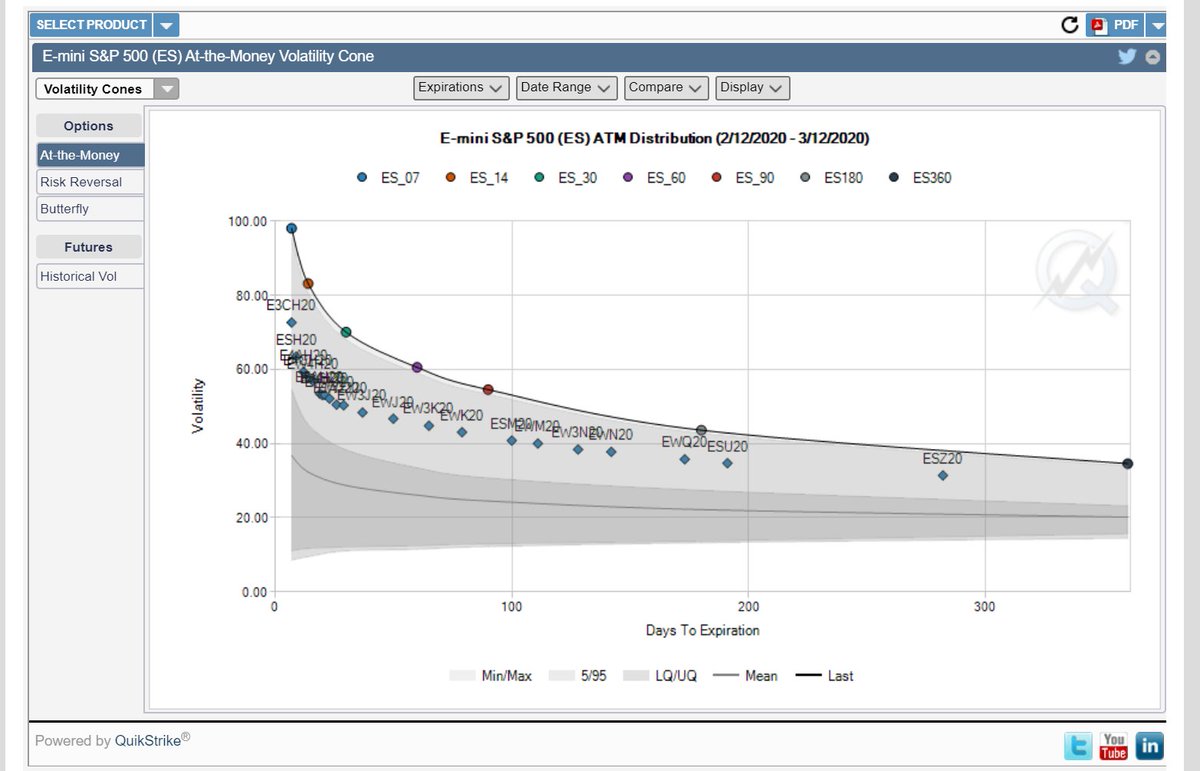
While I don't completely agree with the sentiment, I think the median person - even perhaps the median econ grad student - would be more impactful, richer, and happier in industry than in academia
https://twitter.com/alex_peys/status/1351260941380276225
Nontrivial fraction of students never work a full-time job before grad school. Ofc not everyone has the luxury to do so, especially with grad admissions becoming more and more competitive, but I did and found it really useful for discovering my preferences
Knowing really what the industry option looks like helps a lot in keeping sane during grad school, and just helps you think clearly about your personal tradeoffs
Some good things about industry:
- Teamwork, resources, goal-setting system in place for you to do impactful stuff
- Lowered risk
- Smart people
- Often much nicer people
- Much saner hours
- Often much more $$$
- Locational flexibility
- Real-world impact
- Teamwork, resources, goal-setting system in place for you to do impactful stuff
- Lowered risk
- Smart people
- Often much nicer people
- Much saner hours
- Often much more $$$
- Locational flexibility
- Real-world impact
My personal preferences were pretty simple
1. I quite like doing research
2. I really really really don't like big or even medium-sized company politics, having a manager. I have a really strong preference to run my own ship, even a small ship
1. I quite like doing research
2. I really really really don't like big or even medium-sized company politics, having a manager. I have a really strong preference to run my own ship, even a small ship
I think a lot of people actually have negative preference for 2., and don't entirely realize it. Some ppl just like being in a setting where mgmt helps source interesting and hard problems for them and they work on finding interesting solutions to the problems
This kind of thing can be super fun for very smart people. Problem-sourcing is a very specialized job and is not for everyone, not even among very smart people
I personally really like (and think I am decent at) being a problem-sourcer as opposed to a problem-solver, and I think academia uses that trait well. But great problem solvers are just as/more valuable and their pay/job opps reflect that
Other thing to note IMO is there is a lot of heterogeneity in industry positions. I sometimes see grad students who spend a lot of costly attention figuring out which academic positions to apply for and not much on distinguishing between industry positions
Mindset being something like "hey if I fail I go to industry, which sucks, I am a failure, and every position makes me equally a failure"
This is silly, lots of valuable work in industry, and, lots of differences between the different positions
This is silly, lots of valuable work in industry, and, lots of differences between the different positions
Big tech, medium/small tech, research vs product teams in tech, econ vs non-econ teams in tech, lots of stuff in finance, econ consulting, govt, fed, think tanks, etc. to name a few, are all super different from each other and fits for different people. Do your research!
Addendum: there's definitely places for "problem-solvers" in academia as well, though IMO industry on avg rewards solving slightly more and academia sourcing slightly more
• • •
Missing some Tweet in this thread? You can try to
force a refresh



